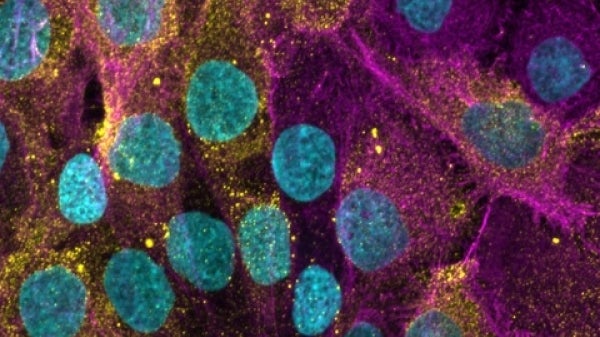Health Solutions graduate trains to become a better health educator

Photo courtesy of Robyn Colao
Editor’s note: This story is part of a series of profiles of notable fall 2024 graduates.
At almost 15 years old, Robyn Colao, who is now graduating from the health sciences program at the College of Health Solutions, watched her mom go through treatment for breast cancer.
Her mom’s oncologist made the experience more bearable by indulging her growing interest in the medical field by answering her questions. Now she finds herself helping mold future medical assistants, alongside her previous professor.
“Dr. Ma knew of my interest in the medical field and would always tell me that once I had my certification, I could have a job in her office,” Colao said. “However, I decided that it would be too difficult to work in the same office where my mom had her treatments and doctors, so I just stayed within the hospital at another clinic.”
Within a few months of graduating from the medical assistant certification program at Front Range Community College, Colao became a secondary instructor for the same program she just completed with her former professor. Being a student again while also being an educator, Colao feels her professors have taught her to be a better professor for her own students.
“I learned how to become a better educator from my professors because I learned how to give constructive feedback and help the students learn how they made the mistake and how to fix it,” Colao said.
Question: What was your “aha” moment when you realized you wanted to study the field you majored in?
Answer: My aha moment when I realized that I wanted to study the field that I majored in was when my mom was going through her treatment for breast cancer. I chose to become a medical assistant and decided that I wanted to further my education and get into school to be a physician assistant one day so that I can be the person giving that same care that she received to another family.
Q: Why did you choose ASU?
A: I chose ASU because of the many offerings they had for online classes and it worked well with my busy work schedule. It was also convenient that my associate’s degree transferred over so I only had two years to complete to obtain my bachelor’s degree.
Q: What’s something you learned while at ASU — in the classroom or otherwise — that surprised you or changed your perspective?
A: Something that I learned while at ASU that surprised me or changed my perspective was that I shouldn’t fear receiving a negative response or being informed that there is room for improvement. Being an educator myself, I believe that some of the most effective educators are those who are unafraid to address issues directly and provide constructive criticism in a respectful manner.
Q: Which professor taught you the most important lesson while at ASU?
A: The professor that taught me the most important lesson while at ASU was Dr. (Rollin) Medcalf because he gave me many opportunities to be his teaching assistant which gave me a deeper understanding of the medical field due to the courses that he does teach.
Q: What was your favorite spot on campus, whether for studying, meeting friends or just thinking about life?
A: Since I attended online and live in Colorado, I never got to visit the campus so I don’t have a favorite spot.
Q: What’s the best piece of advice you’d give to those still in school?
A: The best piece of advice that I can give to those still in school is to keep focused and don’t let peer pressure affect how you study or complete assignments.
Q: What are your plans after graduation?
A: My plans after graduation are to take a little time off to help my family out and then after about a year off, I would like to apply to a (physician assistant) school and become a physician assistant.
Q: If someone gave you $40 million to solve one problem on our planet, what would you tackle?
A: If someone gave me $40 million to solve one problem on the planet, I think I would tackle the housing insecurity for our homeless population.
More Health and medicine

ASU study uses new biomaterials for wound healing
A minor cut often heals within days, vanishing without a trace. Yet, wound healing and tissue repair are complex biological processes, revealing the body’s remarkable regenerative capacity.In a new…

Moeur awardee seeks to turn passion into tangible human impact
Editor’s note: This story is part of a series of profiles of notable fall 2024 graduates.During high school, Nguyen Thien Ha Do, a graduating student in the medical studies program at the…
ASU team part of nationwide study looking at Type 2 diabetes in youth
Near the end of an interview in which he talked about the work his team will be doing to tackle the rise in Type 2 diabetes among youth, Arizona State University Professor Gabe Shaibi answered why…